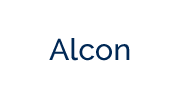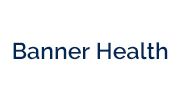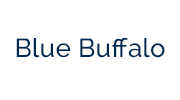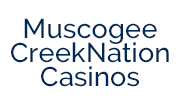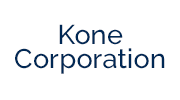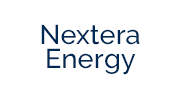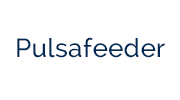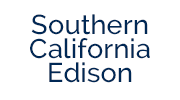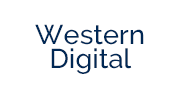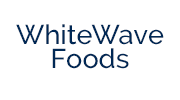

Participants gain an in-depth understanding of the strengths, preferences, and limitations of the 4 DISC styles by:
- Receiving a detailed report to kick-start an understanding of their unique talents.
- Gaining greater self-awareness, confidence and comfort in being themselves.
- Engaging in a series of interactive exercises to identify the styles and strengths of others.
- Having the tools to adapt to other’s temperaments to build relationships.

Participants gain deep insight into effective communication leadership, listening to all viewpoints and getting people’s attention by:
- Removing the barriers to effective communication.
- Communicating using observation without interpretation to remove judgement.
- Resolving conflict by mastering difficult conversations.
- Creating accountability and learning to balance task and relationship priorities.
- Receiving advice and encouragement as a gift and not as punishment.

Participants gain the self-assurance and skill to empower people and build confidence towards creating servant leaders by:
- Practicing the Task Quotient (TQ) approach to understanding task balance sensitivity to recharge each day with work engagement.
- Delving deeply into the essential practices of FLOW that ignite self-motivation to stay “in the zone”.
- Understanding the importance of autonomy, mastery and purpose as the foundation of sustained engagement.
- Honing their expertise in identifying and addressing workplace challenges, generating greater productivity while improving employee retention.

Participants learn how to foster a strong culture that understands and values differences and cares about what drives their team members towards high standards by:
- Receiving a report and a diagnostic tool to initiate their understanding of the values driving behaviors.
- Learning how to identify the 12 driving forces of their staff or colleagues and engage in deeper conversations that build trust and understanding.
- Recognizing and appreciating that all approaches can be successful to solve challenges and drive positive organizational change.
- Using team maps to identify team member’s drivers of engagement and disengagement.

Participants shift from an individual focus to an organizational challenge to practice applying critical thinking skills and practicing a system of solving problems as a leader and team member by:
- Taking a deep dive into a complex challenge with multiple variables and applying the workshop tools to solve it.
- Investigating concepts such as root cause analysis, advocacy versus inquiry, problem statement. construction, and how structure influences behavior and performance.
- Exploring the human change process and detailing a change strategy.
- Using the Systems Framework visual model to create an implementable strategy back in the workplace.

Participants continue working on the organizational challenge from workshop five. They walk away transformed with the confidence to effectively lead teams and build a more thriving organization by:
- Understanding the critical differences between management and leadership and how to develop their own unique style.
- Discovering and sharing their personal values that create the foundation of their leadership style.
- Accelerating team development using a proprietary diagnostic tool to pinpoint constraining leadership behaviors.
- Delivering an action plan that can be immediately applied back into the workplace.


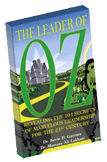 The Leader of OZ : Revealing the 101 Secrets of Marvelous Leadership for the 21st Century
The Leader of OZ : Revealing the 101 Secrets of Marvelous Leadership for the 21st Century



